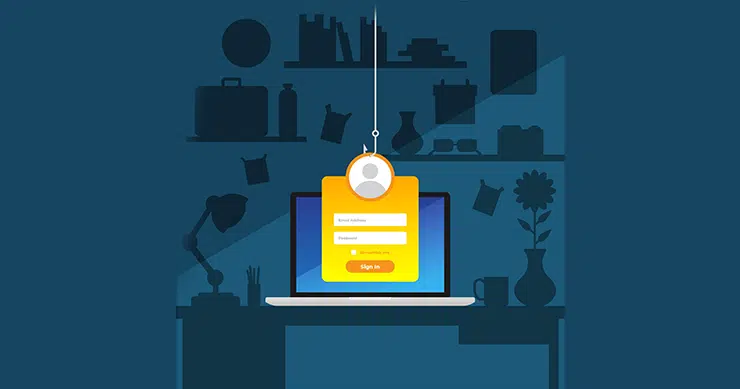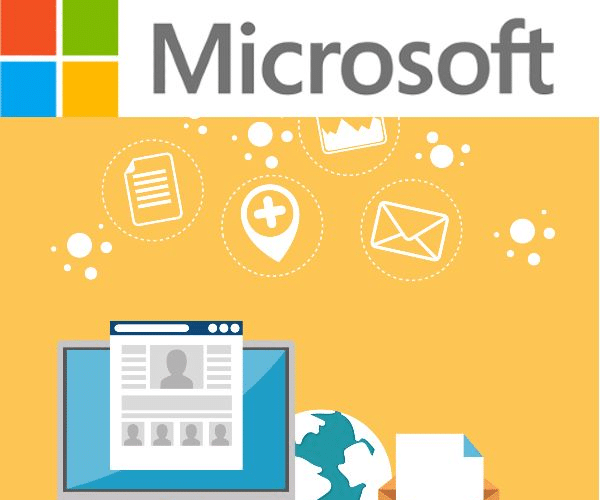This week, a threat actor exploited an exposed Trello API, linking private email addresses with Trello accounts. With over 15 million users affected, this incident underscores the importance of vigilant cybersecurity practices to safeguard user data.

Trello’s REST API, a valuable tool for developers, became the focal point of this breach. While the API allows access to public information, it was discovered that a specific endpoint permitted querying using email addresses, revealing associated public profile details. The accessibility of this API without authentication became a significant concern.
Although the exposed information was largely public, the association of private email addresses with Trello profiles elevated the severity of the leak. From a cybersecurity standpoint, this presented a potential avenue for threat actors to exploit this data in targeted phishing campaigns, aiming to compromise sensitive user information, including passwords.
Is a Data Scrape Considered a Breach?
Scraping public data may not qualify as a technical data breach. But Troy Hunt, the Founder and CEO of Have I Been Pwned (HIBP) and a Microsoft regional director, has pointed out individuals don’t want to hear that “their data has been inappropriately accessed, redistributed and in all likelihood, abused,”
Trello’s Response and API Modifications
The API has been modified to require authentication. Trello emphasized the delicate balance between preventing misuse and ensuring legitimate features remain accessible to users.
In the dynamic landscape of cybersecurity, staying ahead of potential threats is paramount. The Trello incident serves as a call to action for cybersecurity teams globally, urging us to reassess and reinforce our strategies.
Learning from such incidents strengthens our collective ability to thwart evolving cyber threats.





